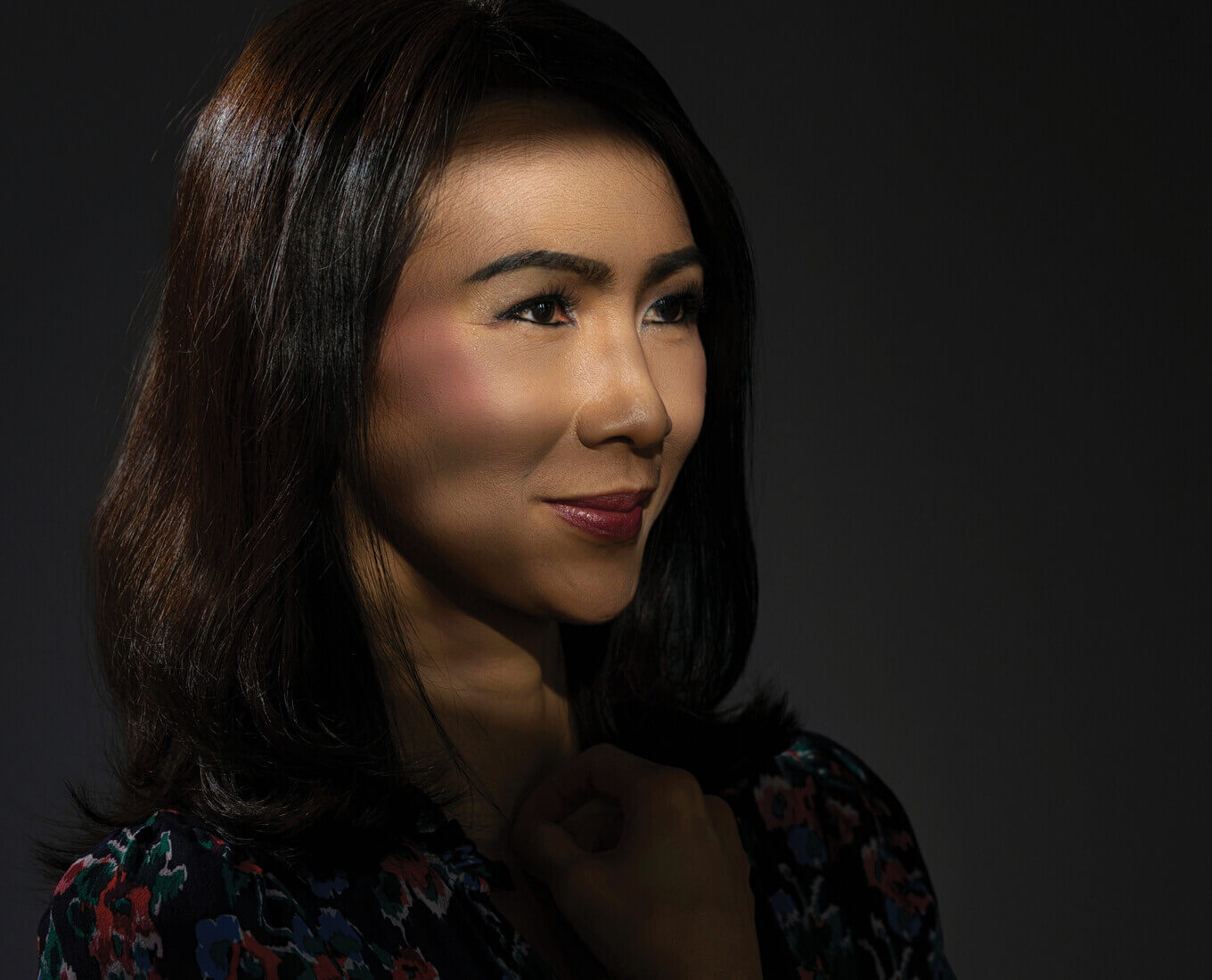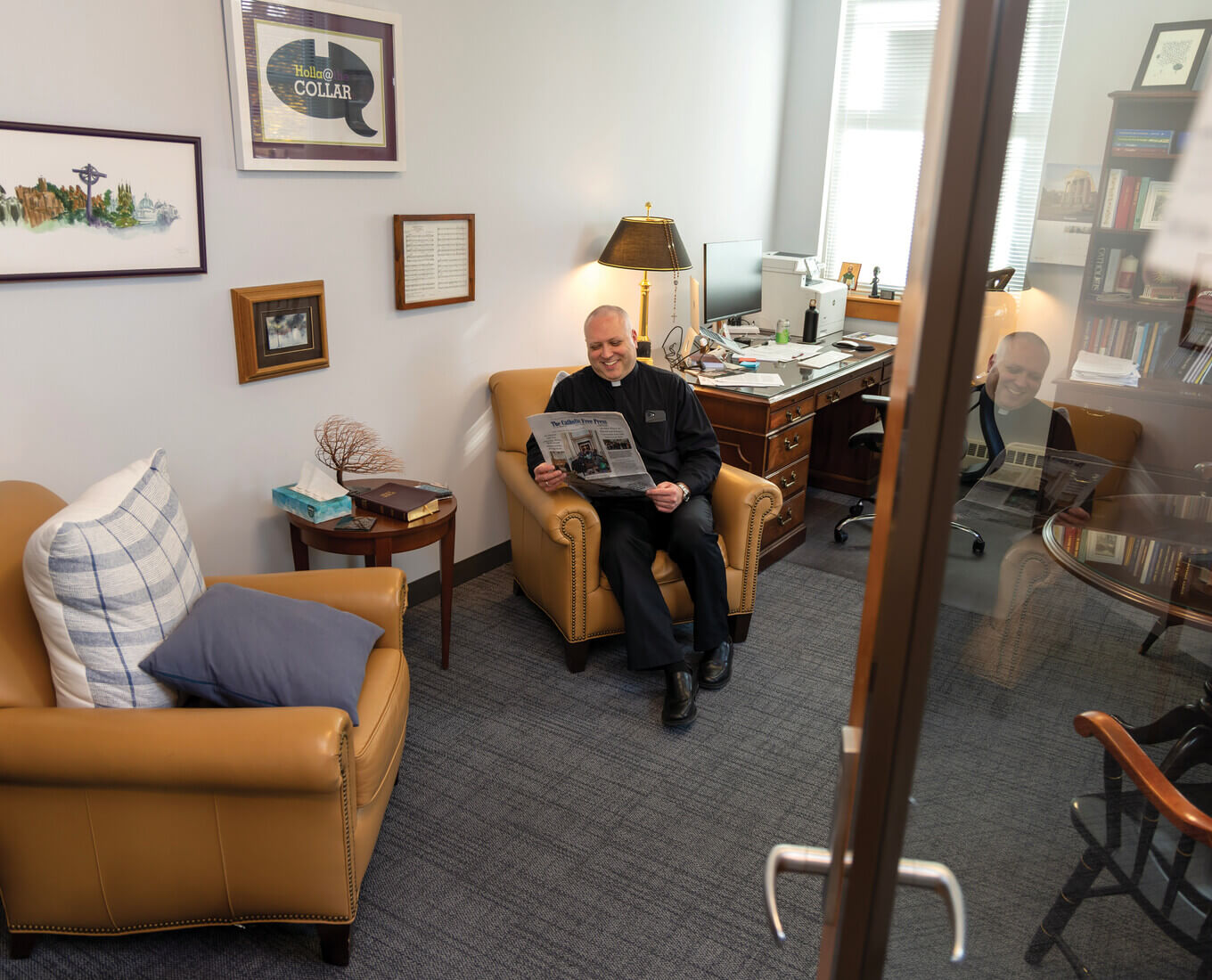As a first-year student in fall 2020, Delaney Walch ’24 thought she was clear on her career aspirations: She wanted to be a doctor. The interests of Catherine Cannamela ’24 were more broad but she thought she’d find a focus sometime by the end of her second year on The Hill. The women’s experience in Holy Cross’s Montserrat first-year student program altered their academic plan.
“It was truly transformative,” Cannamela said.
Montserrat courses span a student's first two semesters at Holy Cross and introduces them to the liberal arts. In addition to work in the classroom, there is often a counterpart in the community through the College’s Donelan Office of Community-Based Learning, Teaching and Engaged Scholarship (CBL).
Ginny Ryan, a former Montserrat lecturer who retired in 2022, taught Cannamela and Walch that fall and said her role was to develop a course that would “change the hearts and minds of those students who were open to change.”
As a senior, Cannamela wrote her honors thesis on dismantling ableism through community engagement, a topic she chose after her experience in Ryan’s Identity, Diversity, and Community Montserrat class.
“I never had any exposure to the realm of disabilities,” she said. “The way Professor Ryan framed the discussions through Catholic social teaching and service with others encouraged me to develop my interest in disability studies, to see things that I hadn’t before.”
“Students are curious, they want to be transformed. We can guide them through that process,” Ryan said.

